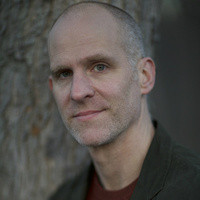The Ayatollah Under the Bed(sheets)
Iran’s sex-obsessed old guard reacts to a state where “the majority of the population is young.… Young people by nature are horny. Because they are horny, they like to watch satellite channels where there are films or programs they can jerk off to.… We have to do something about satellite television to keep society free from this horny jerk-off situation.”










